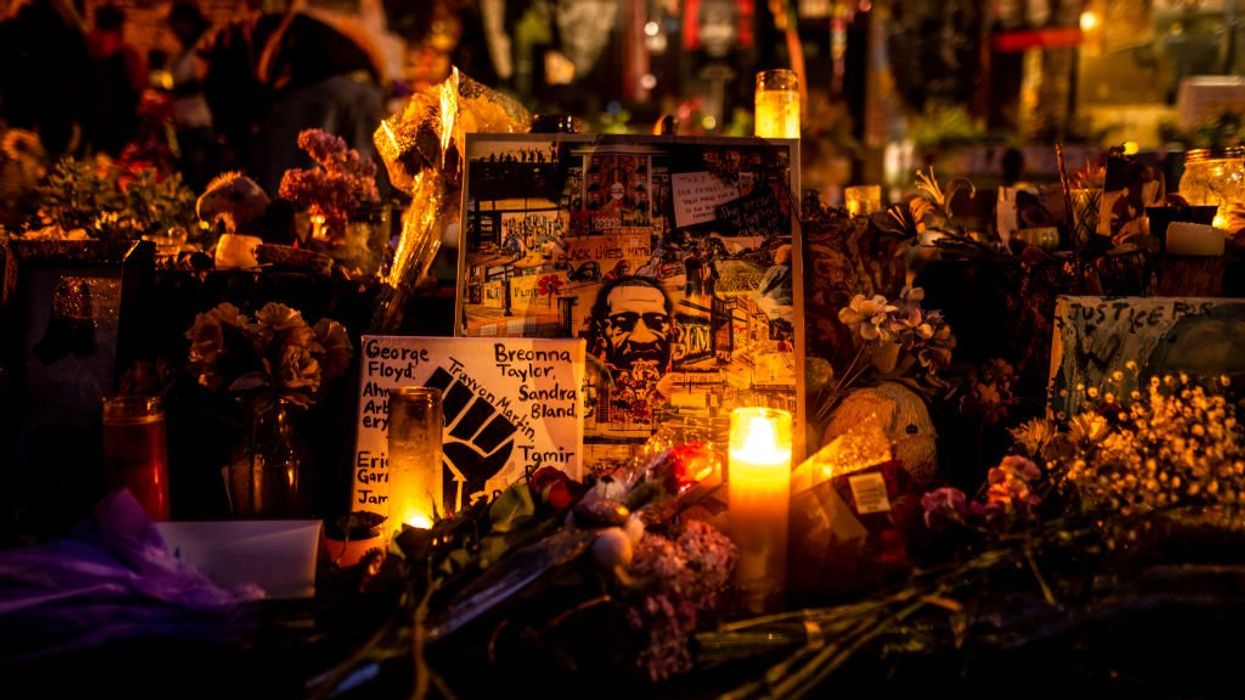Five years is a blink in American history—a nation built on contradiction, striving, and unfinished business. It was five years ago that a Minneapolis police officer extinguished the life of George Floyd, and the world has felt the tremors. I watched, powerless, as the video looped and looped on screens large and small. Still, I recall the discomfort felt within, that familiar ache of recognition—here was one more Black life, one more neighbor, one more "I can't breathe." Funny how anniversaries, especially those marked by tragedy, ask us to remember and reckon. To ask: what has changed? What lingers? What have we learned, and what do we still refuse to see?
In the days following George Floyd's murder, the streets of Minneapolis filled with cries for justice. Then, the streets of cities and towns across the country—and the world—echoed those cries. I marched and prayed alongside young people, elders, clergy, and the unaffiliated. There was grief, but there was also an unmistakable sense of possibility. Something was shifting. The pandemic had forced us all to slow down, to sit with ourselves, and in that forced silence, we could not look away from the violence of the state, the violence of racialized indifference.
On the faces of protesters, we saw a multiracial, multigenerational movement. People who had never before stood up for Black lives stood up. Corporations issued statements. Politicians knelt and wept and posted hashtags. Books on antiracism climbed bestseller lists. For a moment, it seemed the nation was finally ready to listen. However, America is an expert at absorbing outrage and offering the salve of words while avoiding the surgery of action. Five years later, some things have changed. Minneapolis banned chokeholds and revised its use-of-force policies. The officer who killed George Floyd was convicted and sentenced. Juneteenth became a federal holiday, and some police departments have begun exploring alternatives to lethal force.
Nevertheless, inequitable structural realities persist. We still see Black men and women killed by police at tragic rates. We still see a criminal legal system that punishes poverty and difference. We still see lawmakers more interested in restricting how we talk about race than in addressing the underlying inequities that make those conversations necessary.
Meanwhile, the backlash has been swift and fierce. The "left-leaning" social and civic movements have been blamed for crime, inflation, and even the supposed "decline" of American cities. School boards have banned books. Statehouses have passed laws shielding police from accountability. Those who speak up for justice are labeled divisive, unpatriotic, or worse.
But have we learned anything?
Activists of all stripes have learned that public outcry alone is not enough. Instead, the visible protest must be married with persistence as an impact. We, who are social archivists, have learned, too, that memory matters. Commemoration is not just nostalgia; it is an act of resistance. To remember George Floyd as a man, not a martyr, is to insist on his humanity and, in turn, our own. We have learned that there are no shortcuts to transformation. It is one thing to say Black Lives Matter; it is another to change budgets, policies, and hearts to reflect that truth. Too often, we want reconciliation without repair, peace without justice, and healing without confession.
Also, these learnings have sprouted seeds of change in local communities—school boards that have invested in counselors instead of cops, churches that have divested from predatory policing, and city councils that have listened to the voices of those most affected by violence. These are small, sometimes fragile gains, but they matter.
Remembering George Floyd's memory five years from now looks like refusing to allow our nation to return to business as usual. A discipline of remembrance encourages uncomfortable questions about complicity in systems of harm. It is to commit to the slow and steady work of social repair. Justice work is not linear. Instead, its trajectory often is two steps forward, one step back. Justice is as much about tending to wounds as tearing down walls. This anniversary doesn't just mark who or what was lost but is imperative to keep building, fighting, and loving until justice for all.




















Trump & Hegseth gave Mark Kelly a huge 2028 gift